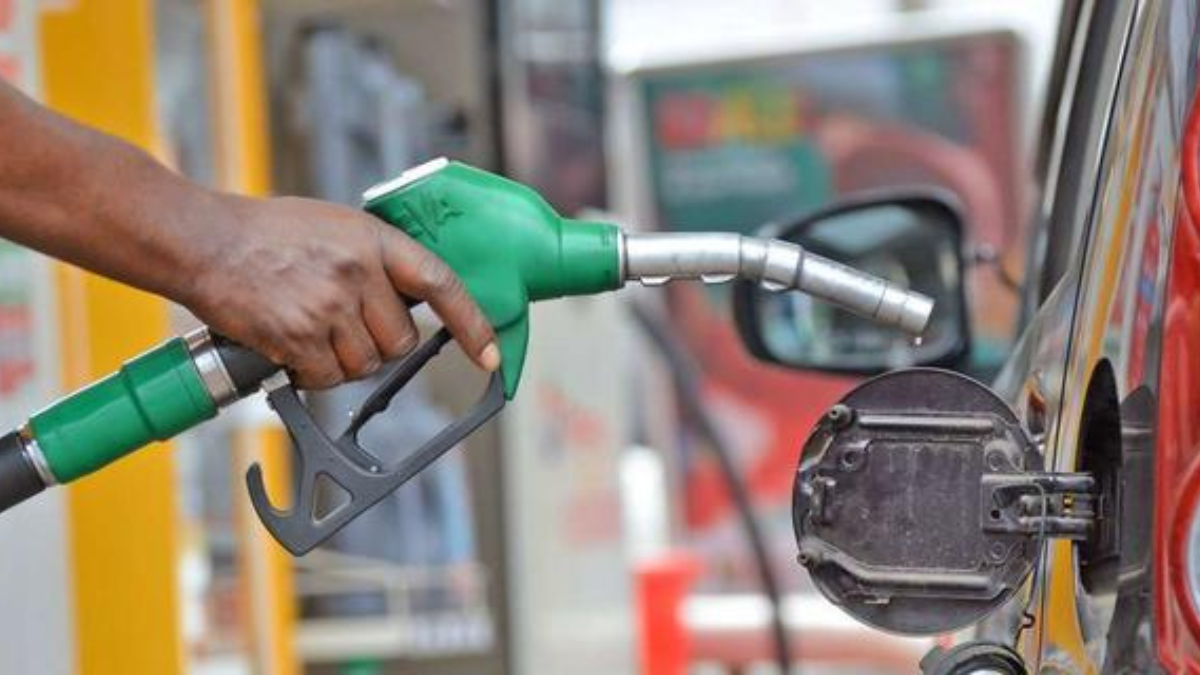The Kenyan government has reversed its policy on the removal of fuel subsidies after a series of protests by members of the opposition and the general public.
President William Ruto has maintained that subsidies are unsustainable and announced the scrapping of subsidies on petroleum products shortly after coming into office in September 2022. He has also championed tax reforms that have led to unrest in some parts of the country after clashes between security officials and demonstrators protesting against tax hikes and the rising cost of living in the country.
“In order to cushion consumers from the spike in pump prices as a consequence of the increased landed costs, the government has opted to stabilize pump prices for the August-September pricing cycle,” the energy regulator, Energy and Petroleum Regulatory Authority (EPRA), said in a statement.
The body stated that the Petroleum Development Fund would be used to pay the oil marketing businesses. According to EPRA, without its involvement, the cost of petrol in Nairobi would have increased to Ksh202.01 ($1.41) per litre, the cost of diesel to Ksh183.26 ($1.27) per litre, and the cost of kerosene to Ksh175.22 ($1.22) per litre.
In response to worries that dealers would incur cost “differences without clear mechanics of recovery” should the state proceed with its plan to intervene to lower petrol prices, EPRA Director-General, Daniel Kiptoo wrote to the chief executive officers of oil marketing businesses on August 9.
“The authority notes that volumes in excess of the quantities factored for the July to August pricing cycle may be introduced in the market prior to the next pricing cycle,” stated the EPRA director-general’s letter to the CEOs.
“Oil industry players are concerned that should the State intervene to cushion consumers from the high prices being experienced in the international markets in the coming pricing cycle, the cargo introduced prior will suffer cost differences without a clear mechanism of recovery.”
The subject of fuel subsidy has been contentious in many African countries. Top oil producers, Angola and Nigeria have both recently announced the removal of subsidies with varying degrees of resistance from the public and organized labour.


 Sports2 days ago
Sports2 days ago
 Metro2 days ago
Metro2 days ago
 Metro1 day ago
Metro1 day ago
 Culture2 days ago
Culture2 days ago



































